
The Bīylmawn festival has recently made a comeback but not everyone is pleased with the highly stylized and...
12 JULY 2024 • By Brahim El Guabli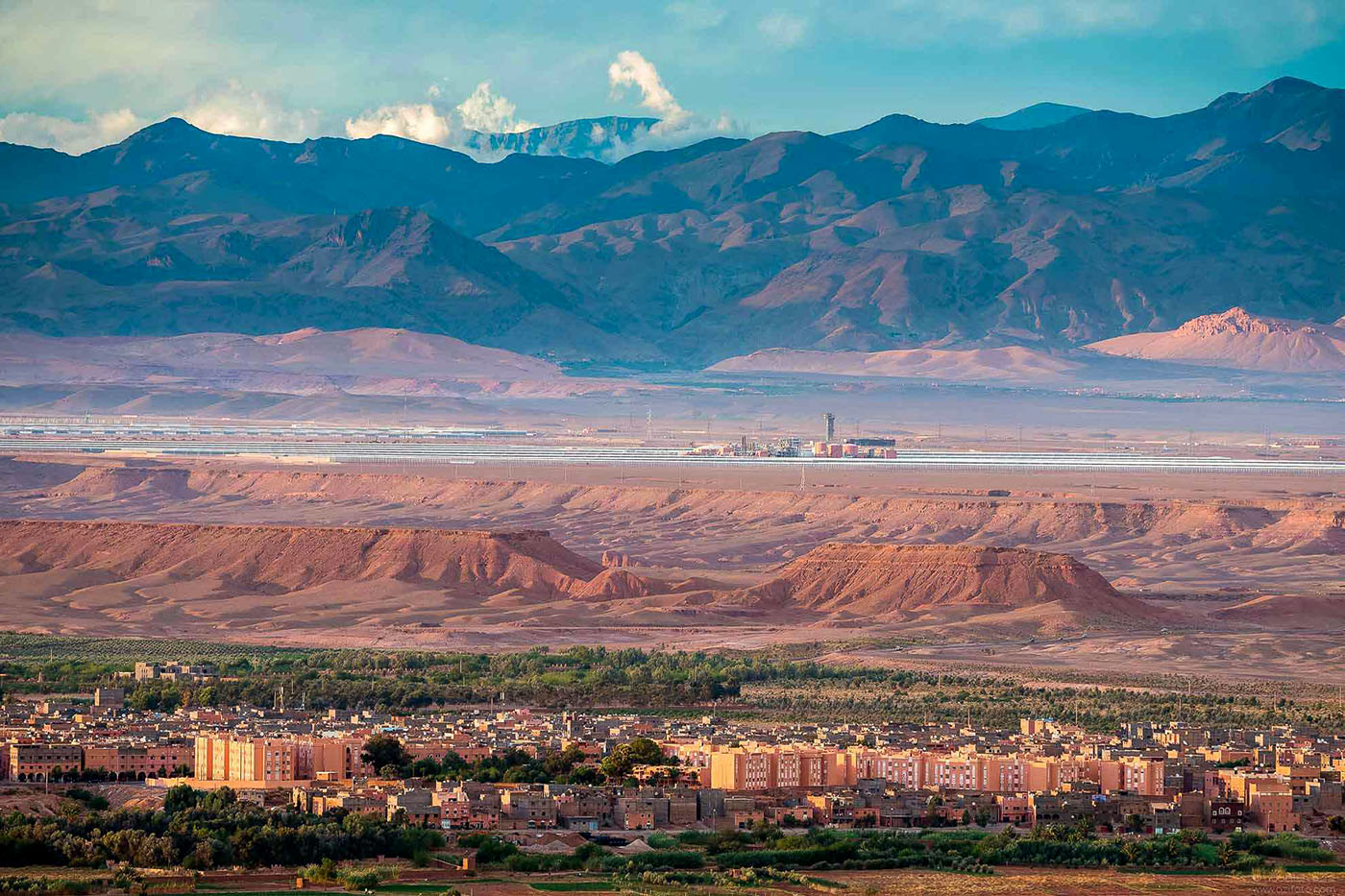
As a solar power plant overtakes a Moroccan desert town, reconfiguring its visual and territorial makeup, there are...
15 JANUARY 2024 • By Brahim El Guabli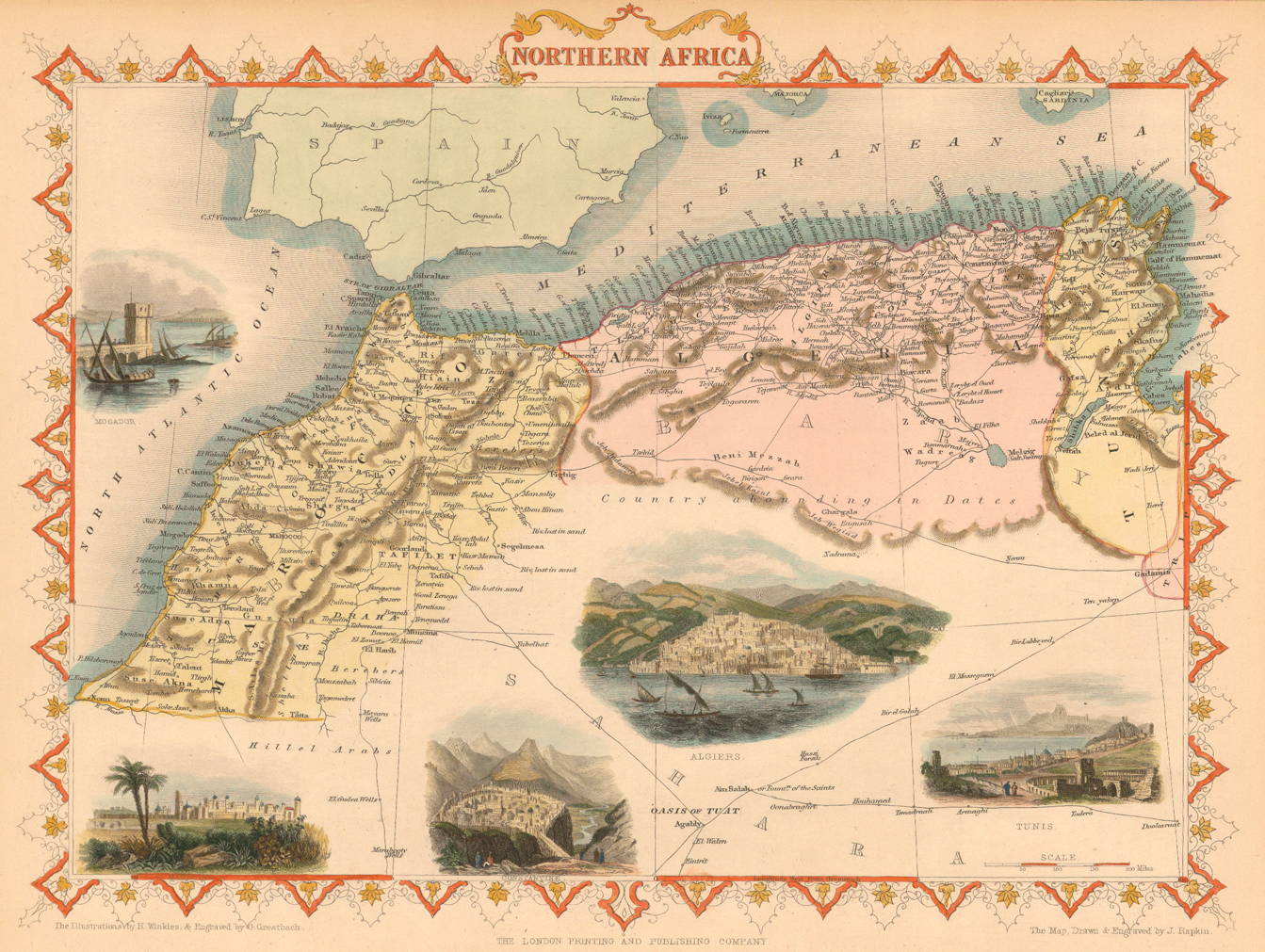
Brahim El Guabli urges us to studying deserts to push our thinking beyond ordinary notions of space and...
5 NOVEMBER 2023 • By Brahim El Guabli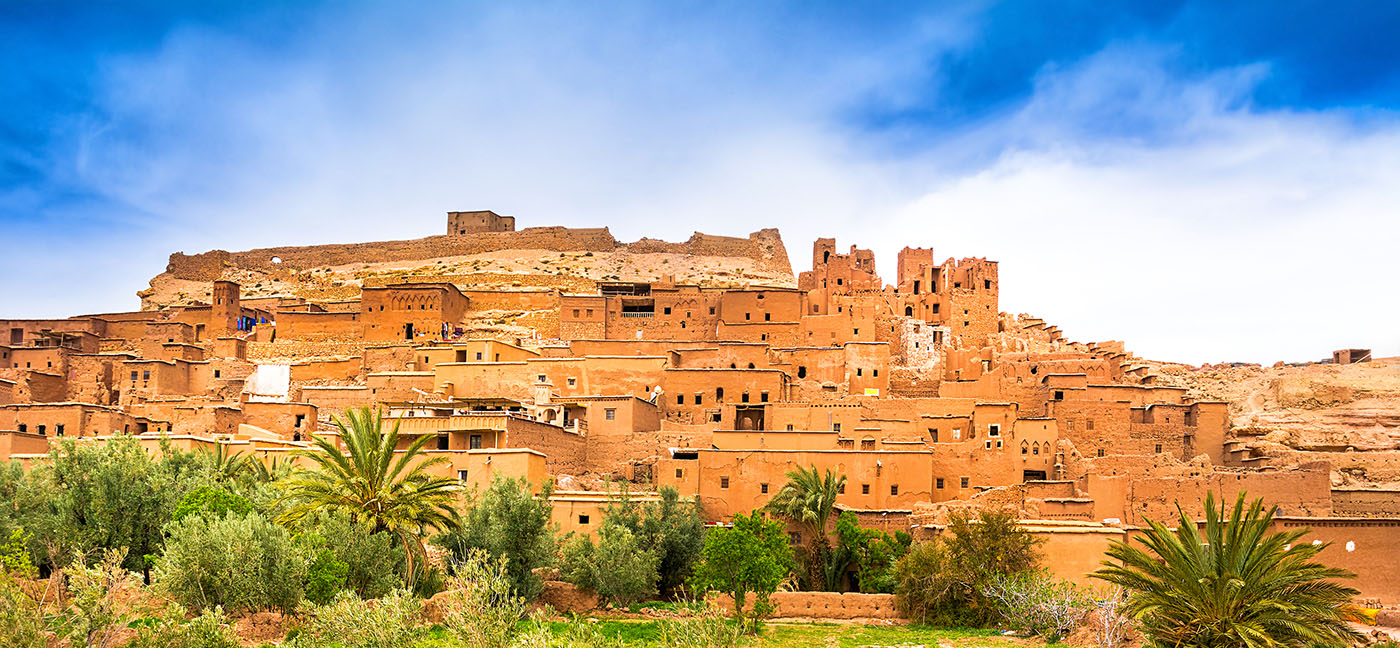
Brahim El Guabli argues that Morocco's disaster survivors must be able to communicate in their mother tongue.
25 SEPTEMBER 2023 • By Brahim El Guabli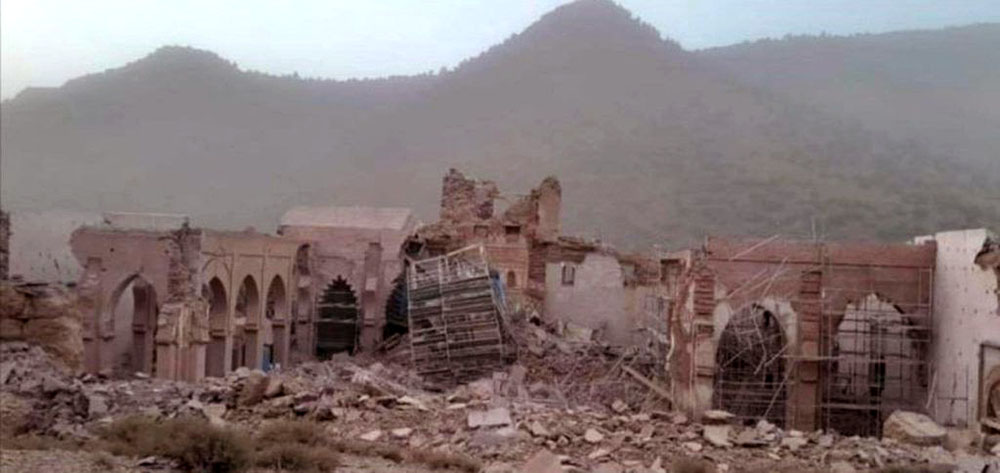
Moroccan Amazigh scholar Brahim El Guabli learned that his family in Ouarzazate lost their home in the earthquake...
11 SEPTEMBER 2023 • By Brahim El Guabli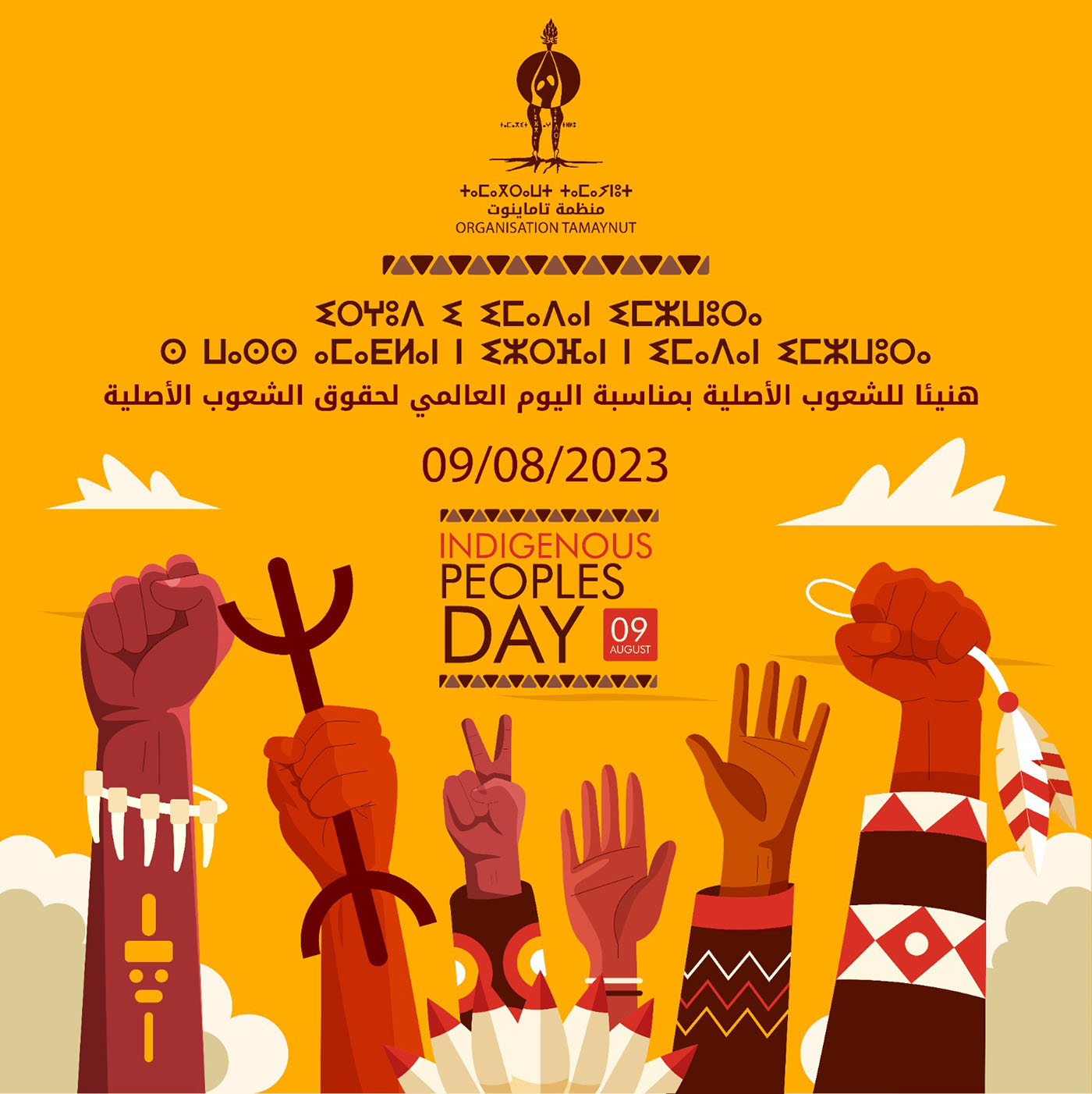
Brahim El-Guabli identifies how Amazigh activists have engaged with translation to revitalize their threatened language and culture.
14 AUGUST 2023 • By Brahim El Guabli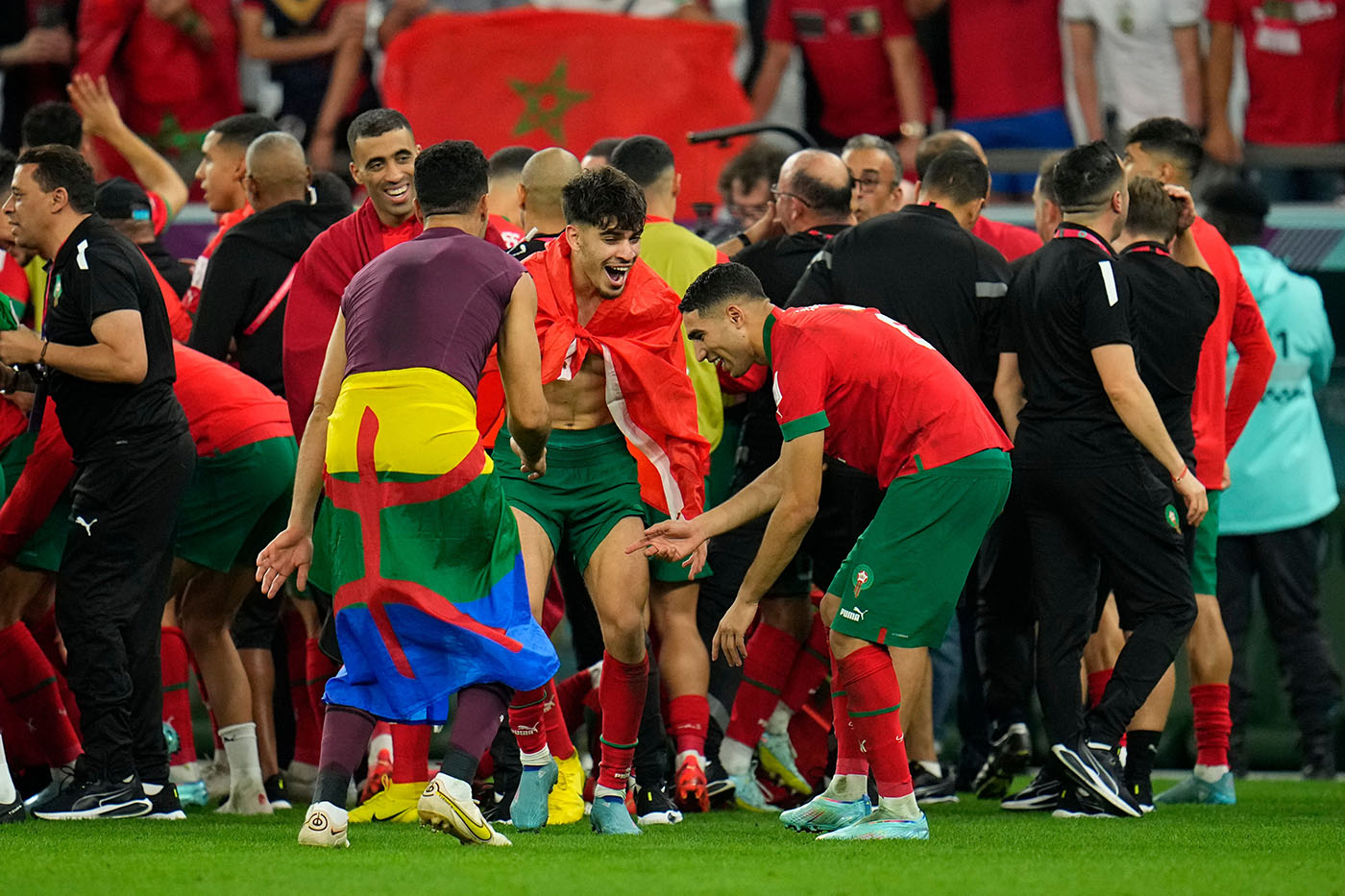
A Black and Amazigh Indigenous scholar from Morocco, Brahim El Guabli sees Amazigh identity as embracing "unity based...
9 JANUARY 2023 • By Brahim El Guabli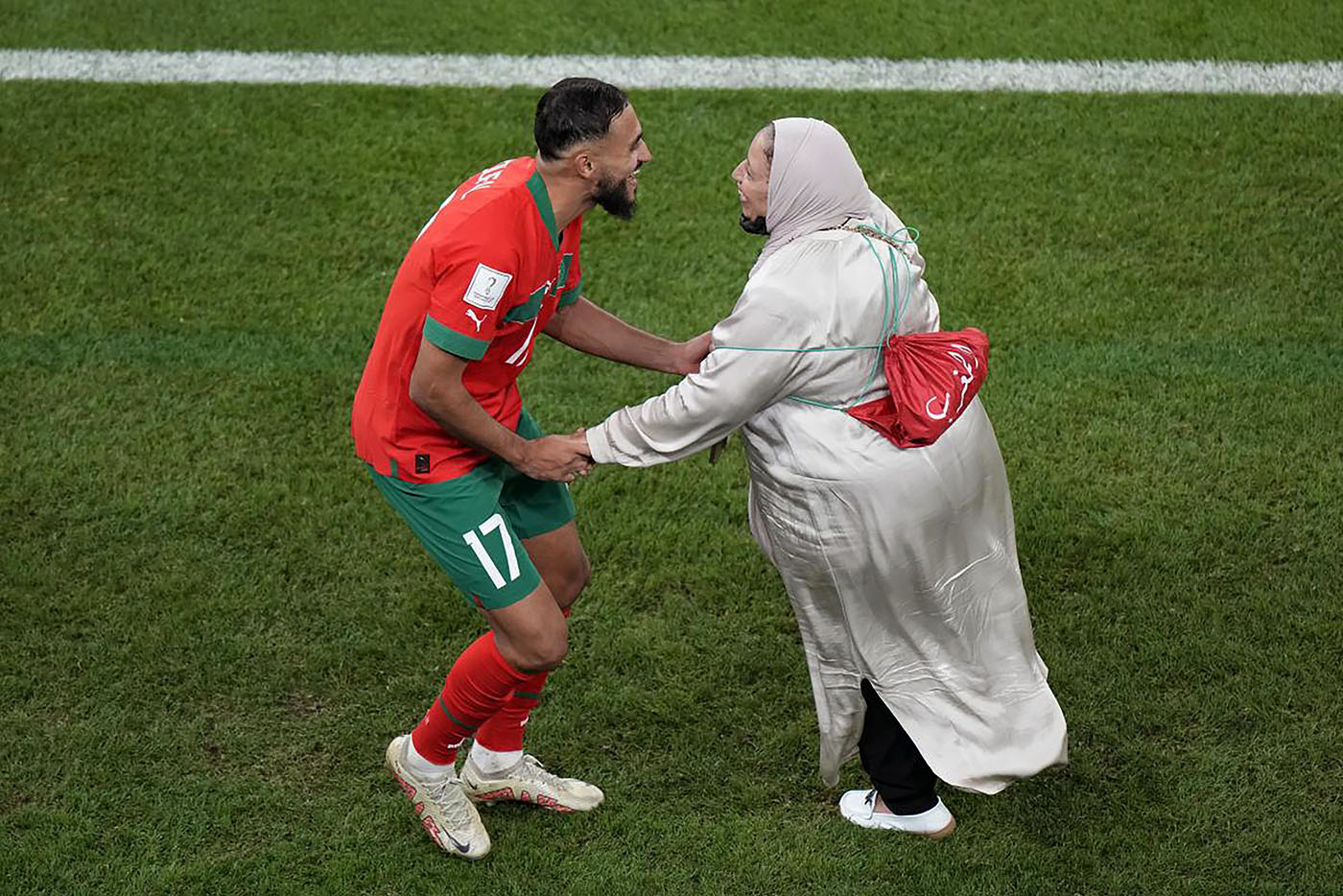
The Moroccan team's World Cup wins have galvanized their Arab and African fans and inspired millions around the...
15 DECEMBER 2022 • By Brahim El Guabli, Aomar BoumBrahim El Guabli explores his Amazigh roots while championing the struggle of all indigenous peoples.
6 JUNE 2022 • By Brahim El Guabli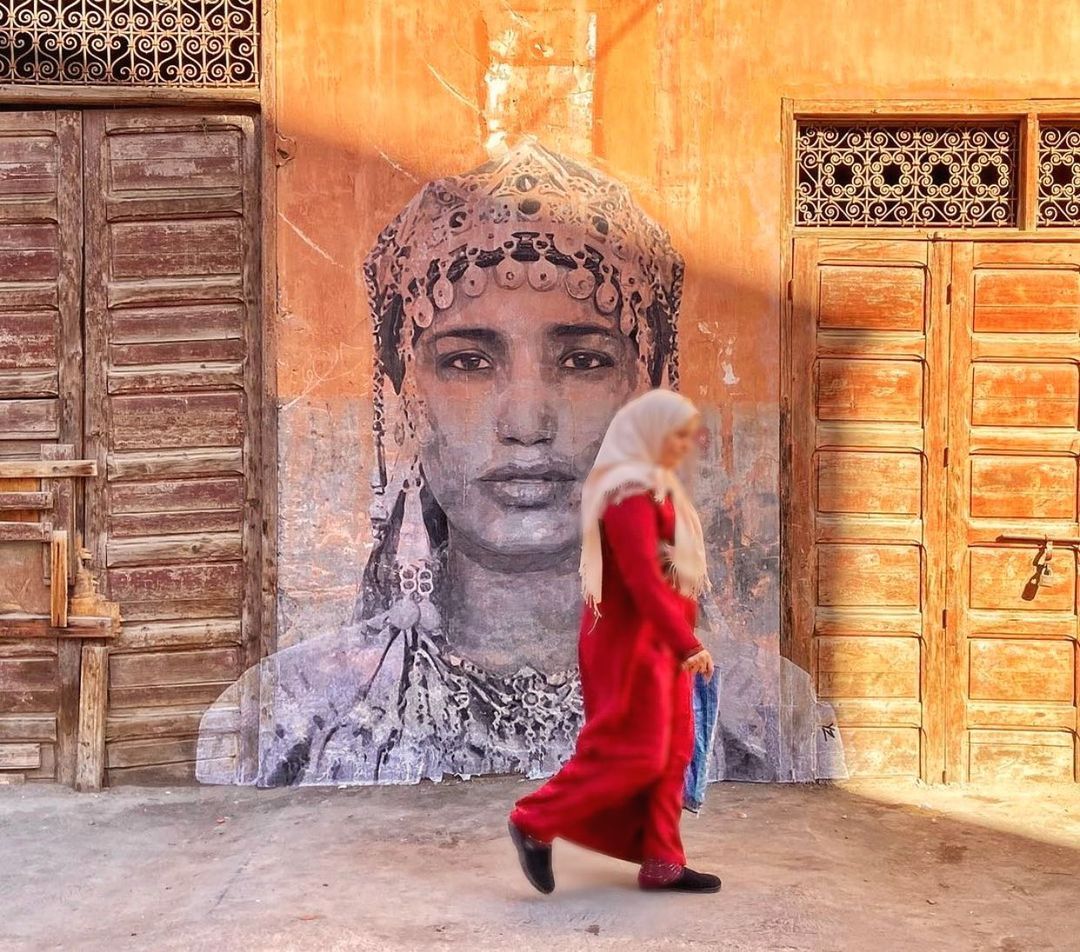
Brahim El Guabli I am Amazigh, Black, and Sahrawi. Amazigh language is my mother tongue. My mother...
15 SEPTEMBER 2021 • By Brahim El Guabli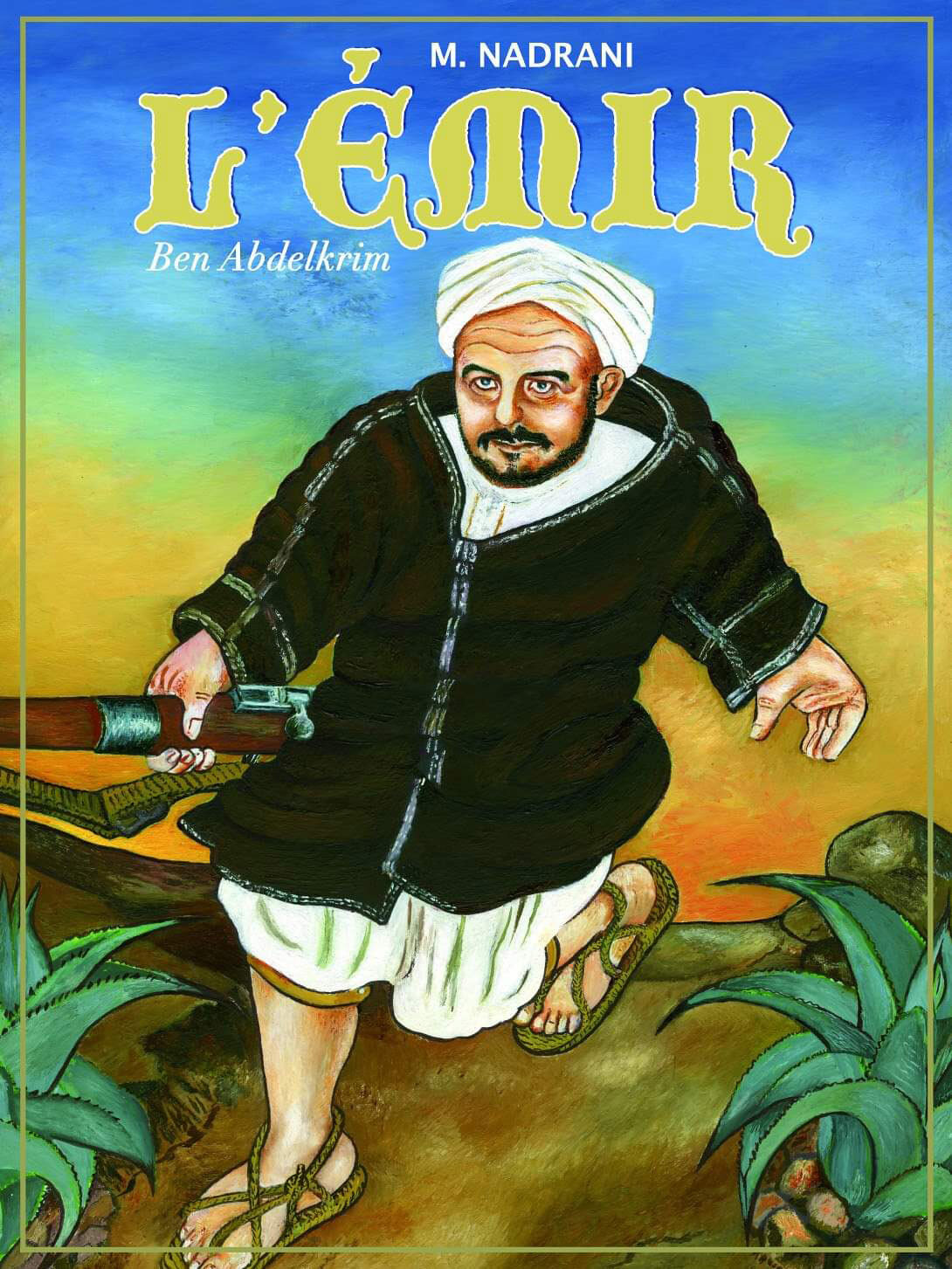
Brahim El Guabli writes about the Amazigh leader and resistance fighter Abdelkarim who inspired great Moroccan graphic novels.
15 AUGUST 2021 • By Brahim El Guabli